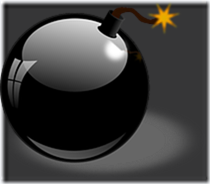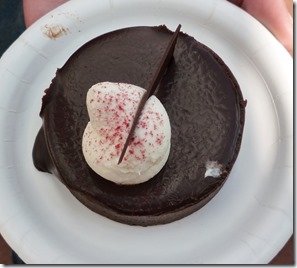Celebrity Equinox
Celebrity Equinox Cruise Part 1: The Ship
Celebrity Equinox is a beautiful ship. She seems relatively new with a clean look and modern furnishings. As usual on Celebrity, we were greeted on board with a welcome glass of champagne. After dining at the buffet lunch in the Oceanview Café on Deck 14, we made our way to our cabin on Deck 8. Located in the center near the stairs and elevator, it was closer to the aft side than forward. We unpacked, finding all the cubbyholes and shelves to put away our things. The bathroom was the best ever on any ship we’ve encountered. It had adequate counter space, enough storage, extra toilet paper and tissues. And the shower was the best. Plenty of room to move with a soap dish, bar soap, and even a thick steel rod to rest my foot on when I shaved my legs. Lotion, shampoo, more bar soap, and conditioner were other amenities along with robes for each of us. The shower head was forceful enough and the hot water was nearly instantly available. Amenities also included small glasses for our toothbrushes.
Our room had a desk, a flat-screen TV above a console with drawers, and an enormously long couch where another person could easily have slept. Our balcony let out from sliding glass doors, and even this was a generous space with two chairs and a small table. The drapes folded over each other so no light shone through at night, and no peephole in the door also ensured a dark interior. The bedding was soft and the pillows comfortable. The safe was large enough to hold my iPad, and the room also came with a stocked fridge. Cabin service was excellent, and we still got chocolates on our pillows each night although no towel art on this cruise.
We explored the 15 decks before the lifeboat drill that was held without life jackets in a lounge or dining room, depending on your muster station. Then it was time for dinner. We skipped the first night’s show since it was a juggler, and that’s my least favorite entertainment. All the other shows were great and varied between the ship’s singers, dancers, and acrobats to a ventriloquist and a variety of solo singers.
Deck 15 has a grassy lawn area where you can sit and watch the view, or observe a Hot Glass Show during the voyage. Deck 14 has the Oceanview Café and the outdoor grill. Overlooking the pool below are many lounge chairs, some undercover to provide shade. This ship had more shaded seating spots than I remember from other cruise lines. Even the pool areas on Deck 12 had wide overhangs to protect the lounge chairs. If you got too humid, you could sit in the solarium with its covered glass roof and air-conditioning. On Deck 5 by the life boats are a few scattered chairs on an outside deck but not many, and you can’t walk all the way around the ship there.
The shops inside the ship did not have merchandise that appealed to us. It was one of the poorest selections that we’ve noted, at least for our tastes. Not even the costume jewelry attracted me except for their occasional sales. These were held in a crowded corridor instead of a lounge like other ships. They had the usual souvenir logo items, resort wear, hats, liquor, fine jewelry. All seemed pricey.
In the evening, musicians played in the central atrium on deck three. This was generic-sounding except for a cello player. A small dance floor here sufficed since there wasn’t anywhere else to hear dance music except after 10pm in the Sky Lounge. This is a shortcoming of this ship that has limited lounges with dance floors. There’s a Gastropub that serves small plates and beer; another lounge with occasional piano music; a Martini bar. But nowhere else with a dance floor. The Sky Lounge forward on Deck 14 was a favorite place of mine for quiet daytime sea views and for the evening cocktails for Elite members. But it would have been nice if they’d had dance music here earlier instead of the atrium where you’re in view of people several decks high. That’s not very private. Regarding the music, these same bands played by the pool. We like Caribbean music when cruising and sitting outside, and this group played the same generic tunes you get on the radio. But overall, we loved the ship, the relaxed environment (few kids running around) and the excellent service.
Coming Next: The Food and the Ports of Call
Last Day! Goodreads Giveaway ENTER NOW to win a signed ARC of Facials Can Be Fatal




































































